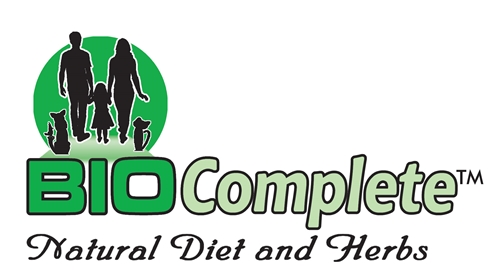Hair analysis allows us take a sample of your pets’ hair (it works on yours too!) and run a test on it and see things like mineral balance or imbalance, the presence of metal toxins, and then monitor the changes as dietary and therapeutics are added or removed. Over time, we can actually map the real physiological changes in the body that blood tests and treating symptoms does not.
The natural way we accomplish these physiological changes is with the use of “superfoods”.
So what are some of these “superfoods” and where do we find them? They are called “superfoods” for the extraordinary benefit our pets’ (and we) can derive from them and are usually given as whole foods, unprocessed, and in their natural form. Many of these are used in treatments for cancers, cleansing toxins and many other challenges.
The first superfood that I have used most in my 40 years in animal health is whole raw milk. This is not the highly processed milk you buy in the supermarket. This is the milk we (those of us over 50) drank when we were kids, as it comes directly from the cow or goat, unpastuerized, unhomogenized, packed full of natural vitamins, minerals, probiotics, natural antibodies, enzymes, amino acids, and much more. Some may question if in the wild, how a wolf, wild dog, big or wild cat would drink milk. Well, they do, every time the kill and eat a lactating prey.
In that same group of superfoods is natural colostrums, or sometimes referred to as mothers’ first milk. This has many of the same benefits as whole raw milk, but is supercharged. Both these superfoods also aid in hydration, making it supportive for many digestive challenges.
Another major group of “superfoods” are some of the simplest plants in the world. They are found in puddles, ponds, streams, and canals, all the normal places in nature that animals would drink. It is that “slimy, green gunk” that turns the water green. They are algae’s with names you may have seen in supplements and health food stores. Names like spiralina and chlorella. These fresh water algae’s soak up heavy metals like the mercury and aluminum that are found in many drugs and vaccines, help balance mineral levels which corrects hormone levels, and aids in detoxification of the body.
Then there are marine algae’s like nori and kelp that do similar tasks and add valuable minerals in usable and bioavailable forms.
All these “superfoods” are easy to administer, as simple as adding to your real food diets and letting the body use what it needs to heal itself. You see, doctors and veterinarians, nutritionists, and care givers do not heal our pets’ Our pets’ heal themselves when we give them the tools. That includes the real foods that their bodies were designed to digest and use, the natural sources for vitamins, minerals, and yes, even cleansing agents.
While all these items can be obtained without prescription and should be used in their natural forms (not processed in tablets of pills), you may have to search a bit. Visit, call, or email us for more detail on these and other “superfoods” and their specific uses.
Dealing with both health and behavior problems can sometimes be very challenging but as we’ve discovered, with the right tests and the right foods and diets, the true problems reveal themselves and allow us to help the body heal.
Bill Piechocki and Diane Sudduth are co-owners of Fiesta Pet Deli in Festival Flea Market Mall at 2900 W. Sample Road, Pompano. Bill Piechocki has a degree in animal science and 40 years experience in the pet industry including working as a pet nutritionist. He has raised show dogs and also trained dogs. Dr. Diane Sudduth has a DVM as well as master’s degree in Parasitology and Public Health. She also served as a Veterinary Medical Officer for the FDA and USDA for 10 years. Currently she consults for the pharmaceutical, biotechnology and medical device industries. You can contact them at: 954-971-2500, pe*****@Bi********.com or www.realfood4pets.com
